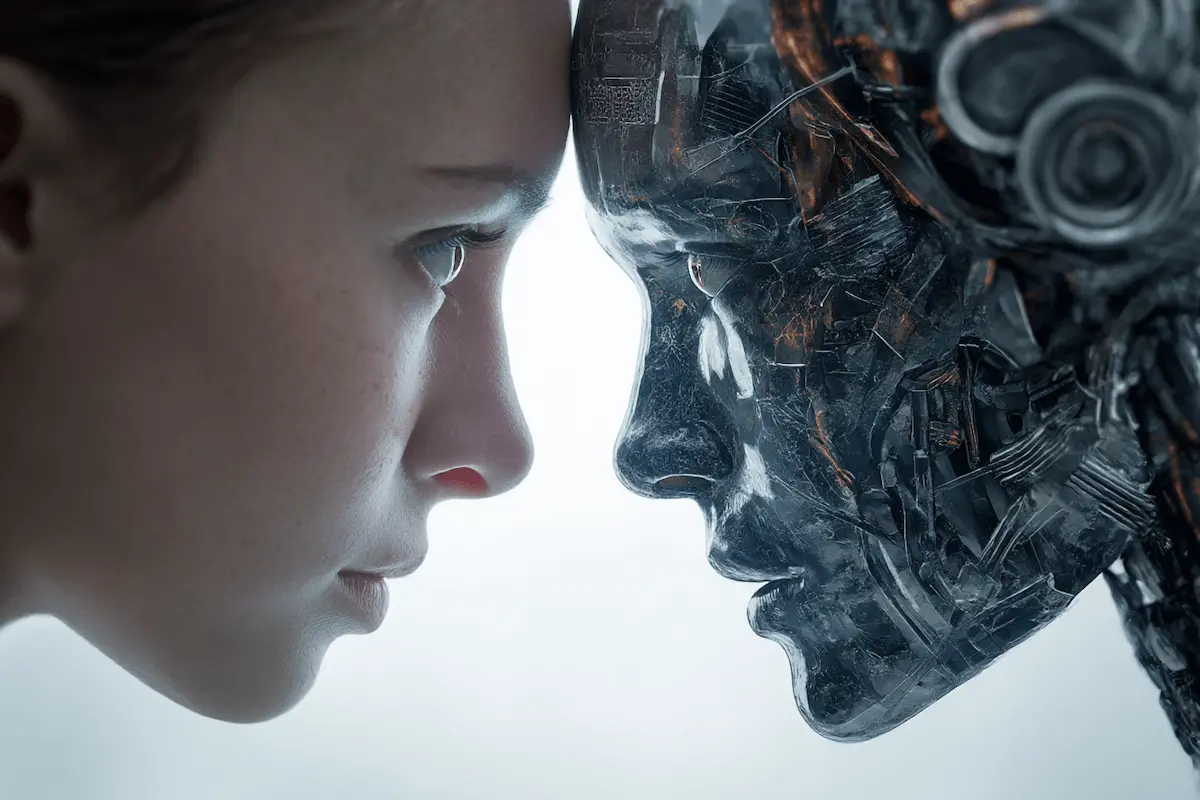AI + Empathy — Can a Machine Truly Understand Us?
When a chatbot says, “I understand you,” what truly lies behind those words? Can artificial intelligence not only analyze our emotions — but actually feel them? We live in an era where machines don’t just compute — they try to care. But where do we draw the line between empathy and code?

Image: ZenoFusion • AI Visuals / AI + Empathy — Can a Machine Truly Understand Us?
Empathy in the Human Brain — How Do We Feel Others’ Emotions?
Empathy isn’t just a psychological reflex — it’s a biological mechanism deeply embedded in the brain. Mirror neurons allow us to step into someone else’s experience and feel their joy or pain as if it were our own.
This ability is the basis for social connection and human solidarity. But what happens when the other side of the conversation is a machine?
AI and Emotional Recognition — Can It “Read” Feelings?
Modern AI systems like GPT-4o, Replika, and Woebot already engage in emotional analysis — interpreting words, syntax, tone, and even body language through audio or video inputs.
However, recognizing emotion is not the same as experiencing it. AI doesn’t feel — it processes. That distinction separates genuine empathy from advanced imitation.
“I Understand You” — What’s Behind a Chatbot’s Sympathy?
When a chatbot says, “Don’t worry, I’m here for you,” it’s selecting a statistically optimized comforting response. Still, our brains interpret it as empathy — because we crave emotional connection, even if it's artificial.
And that creates a subtle risk: we might believe a machine truly understands us — when in fact, it’s just executing code.
Empathetic Interfaces for Kids and the Elderly — Technology’s New Responsibility
AI companions are increasingly used for emotional support, especially among children and the elderly. But emotional bonds with systems that cannot feel may lead to false expectations or psychological dependency.
This raises an ethical dilemma: should we teach AI to simulate empathy — or are we merely engineering comforting illusions?
Conclusion: Do We Truly Feel Understood — or Just Believe We Are?
AI may not experience emotion the way humans do — but it opens a new space for connection, where simulation can sometimes feel real. Still, the sense of being understood remains one of the most profound human needs.
Perhaps one day, machines will share in empathy. But today, when AI says “I understand you,” it may simply be reflecting what we long to hear.
✍ Tornike, Content Strategist at ZenoFusion – June 5, 2025
✍ Article Author
- Registered: 27 April 2025, 10:30
- Location: Georgia




 Tornike
Tornike